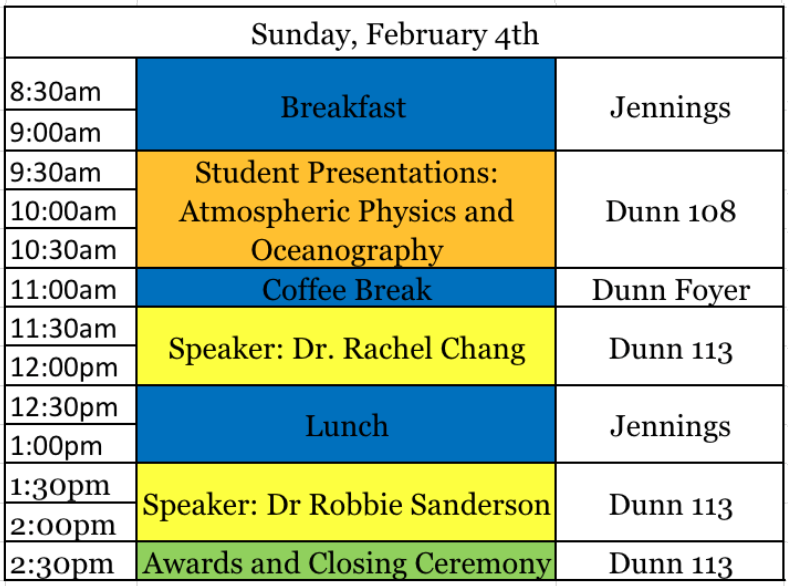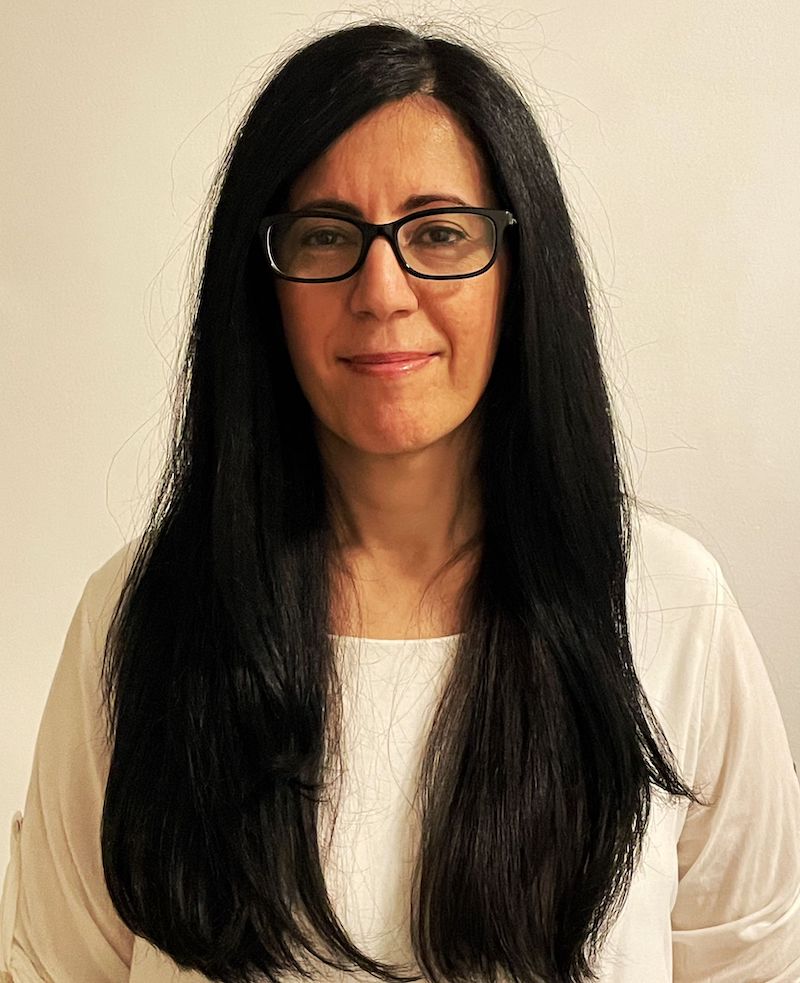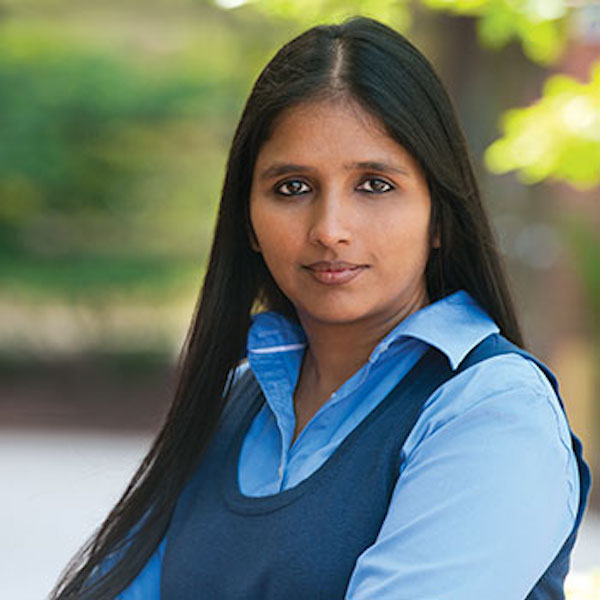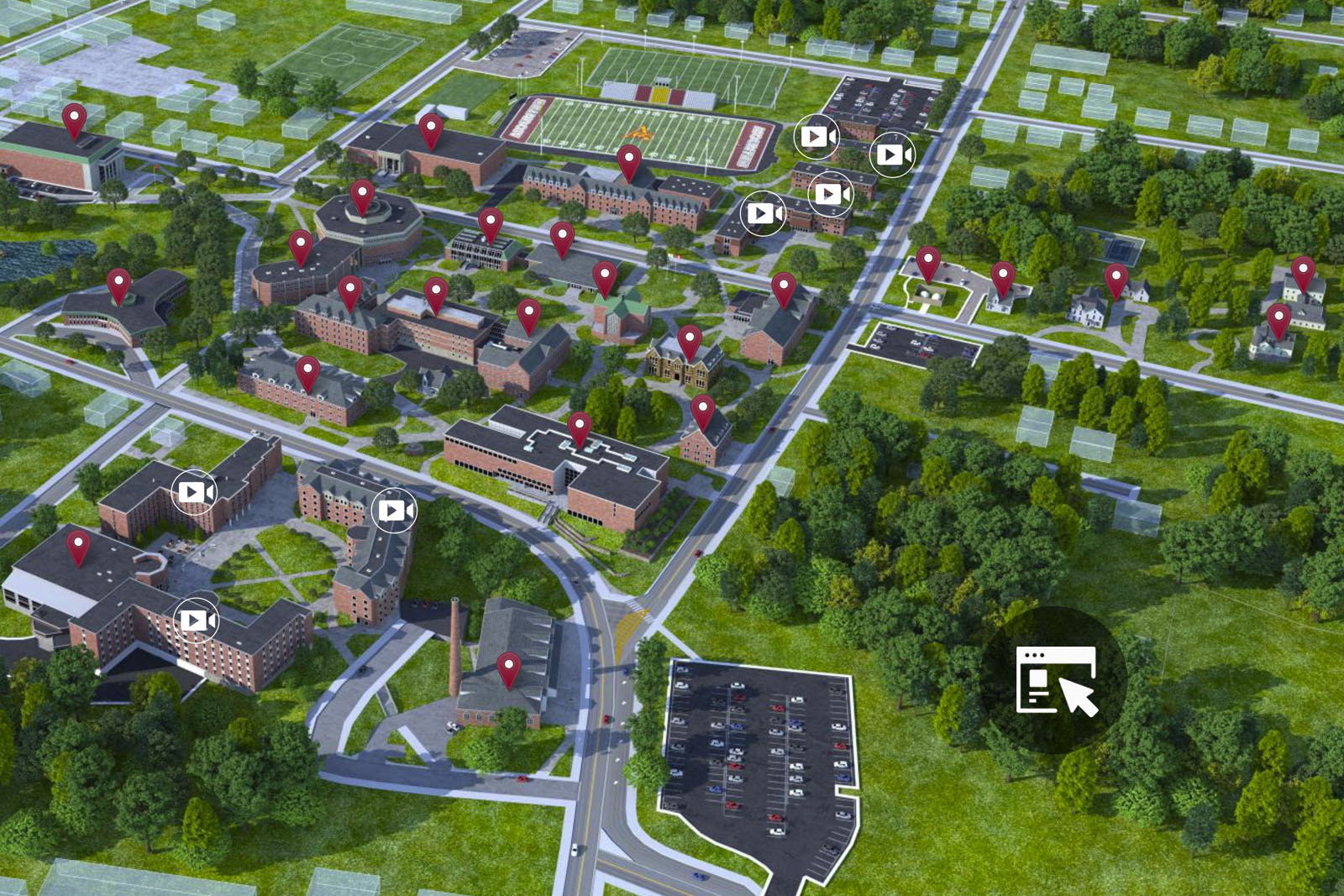Atlantic Undergraduate Physics and Astronomy Conference
Feb. 2-4, 2024
The Atlantic Undergraduate Physics and Astronomy Conference (AUPAC) is an annual undergraduate conference that is hosted by an institution in the Atlantic provinces each year in conjunction with Science Atlantic. AUPAC 2024 will be held at Mount Allison University in Sackville, New Brunswick.
Schedule
Friday, Feb. 2

Saturday, Feb. 3

Sunday, Feb. 4

Plenary speakers
Nobel Laureate Dr. Art McDonald
McDonald Institute

As Director of the SNO Collaboration, Art was instrumental in the conceptual and physical design of the project, and in the eventual data-taking and analysis phases of the experiment. For years, scientists were confused because models of the sun predicted there should have been more solar neutrinos (neutrinos from the sun) than detectors picked up. This led to concerns that perhaps our models of the sun or our understanding of the basic laws of physics were wrong. The SNO experiment solved this problem by proving that neutrinos change ‘flavour’ as they travel from the sun to the earth, so some solar neutrinos appeared as a different flavour in our detectors. These findings and others such as the observation of the oscillation of atmospheric neutrinos by the SuperKamiokande experiment provided proof that neutrinos have mass. This requires changes to the Standard Model for Elementary Particles at a very basic level and has led scientists to re-examine the role played by neutrinos in the evolution of the universe. It was for his work and leadership on the SNO experiment, leading to the discovery of new properties of neutrinos, that Dr. McDonald was awarded the Nobel Prize.
Dr. Shirin Abbasinejad Enger
McGill University

Dr. Shirin Abbasinejad Enger is a tenured Associate Professor at the Medical Physics Unit, Gerald Bronfman Department of Oncology, Director at the Medical Physics Unit and holder of a Tier 2 Canada Research Chair in Medical Physics. She is research director in Translational Physics and Radiobiology at the Lady Davis Institute and Segal Cancer Centre of the Jewish General Hospital. Dr. Abbasinejad Enger’s multidisciplinary research involves development of applied technology to address current limitations in radiotherapy treatment and imaging of cancer. She has multiple patents and has received competitive funding to develop her innovations from proof of concept to clinical trials.
Dr. Shohini Ghose
Wilfred Laurier University

Dr. Shohini Ghose’s research is in the area of quantum information science – the study of how the laws of quantum physics can be harnessed to transform computation and communication, and to develop novel tasks such as teleportation. Her work also explores the fundamental connections between classical chaos theory and quantum physics, and has led to the first experiments directly showing the effect of chaos on quantum entanglement. As founding Director of the Laurier Centre for Women in Science (WinS), she also works on research projects and lead initiatives to explore and address gender issues and diversity in science. Dr. Ghose is the NSERC Chair for Women in Science and Engineering, and has a new book called Her Space, Her Time: How trailblazing women scientists decoded the hidden universe.
Dr. Rachel Chang
Dalhousie University

Dr. Chang is a Canada Research Chair in Atmospheric Science from Dalhousie University. Her research is motivated by atmospheric processes that take place in marine, coastal and polar environments, primarily through studying the sources, transport and loss processes of aerosol in the atmosphere in these regions and determining their effect on climate through liquid fog and cloud droplets. They focus on making ambient measurements but their work is complemented by modelling and laboratory experiments. She and her research team are also examining the chemical composition and sources of particles in the Arctic throughout the year. This work will help us better understand how particles affect air quality and climate, and how we can control their effects for the benefit of society.
Dr. Robbie Sanderson
Wind Energy Institute of Canada

Dr. Robbie Sanderson joined the Wind Energy Institute of Canada (WEICan) in December of 2017. Dr. Sanderson is involved in overseeing data collection at the Institute with a focus on facilitating research collaborations. Dr. Sanderson has recently transitioned to wind energy research, but views it as an important step to meeting the ever-expanding demand for renewable power. Dr. Sanderson will be presenting a talk entitled Net-Zero Emissions 2050, Great! But What Now? In 2021, the Canadian Net-Zero Emissions Accountability Act became law, which cemented Canada’s commitment to net-zero emissions by 2050. One of the paths toward net-zero emissions is the expansion and diversification of the existing power grid to include more renewable generation. Due to the variability of renewable generation and it supplanting conventional generation, concerns of grid stability increase as the percentage of renewable energy grows. The Wind Energy Institute of Canada has two main avenues of research; increasing the reliability of assets to keep renewable generators producing, and investigating and demonstrating methods to strengthen a power grid with more renewable generators. A few examples of this research will be shown and discussed.
Abstracts
We invite abstract submissions from undergraduate students of Atlantic Canadian universities for oral presentations. We encourage submissions from all areas of physics and astronomy.
Accepted abstracts will be presented at AUPAC 2024 and published in the proceedings of the Science Atlantic AUPAC 2024 conference.
When registering, please indicate that you will be submitting an abstract. Abstracts may be submitted as PDFs via email to physics@mta.ca (Subject line AUPAC abstract). Deadline for submission has been extended to January 26th, 2024. (until 11:30 pm)
Registration
| Undergraduate student | $100 |
| Faculty | $150 |
| Grad fair presenter | $350 |
Register Here!
Registration extended to January 26th at 11:30 pm!!
Accommodations
Coastal Inn Sackville
Book online at COASTAL INN.
15 Wright Street Sackville, NB. E4L 4P8 | Direct Reservations: 1-888-704-7444
The Group booking code is no longer available.
Campus map
Through our interactive campus map you can explore our historic campus and see photos and descriptions of all our buildings, including all residences.
Our interactive campus map also includes:
- parking locations
- accessibility parking and entrances
Download a campus map (pdf)


